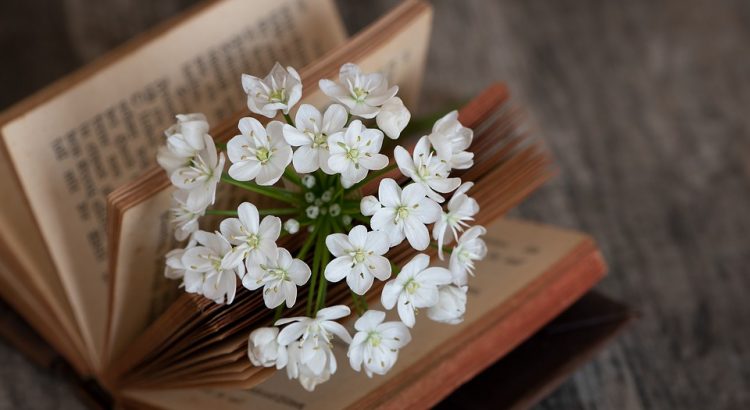Artist, Artificer, Artisan and Architect all mean one who makes something beautiful or useful or both. In their wider senses the words are often confused.
The earliest and the continuing implication of artist is skill or proficiency (see artist under EXPERT); it was formerly applied to anyone who made or did things requiring learning and skill; thus, a teacher, a philosopher, a physician, a scientist, an alchemist, or a craftsman was called an artist.
- the wise and fool, the artist and unread
—Shak. - I will give you more directions concerning fishing; for I would fain make you an artist
—Walton
Gradually, however, the word has come to be associated with those whose aim is to produce something which gives aesthetic pleasure, first with musicians, dancers, actors, and later with poets, painters, and sculptors. The two ideas of skill and the aim to give pleasure were combined, so that since the early nineteenth century artist (when it does not mean specifically a painter) is usually applied to a gifted person who works in the fine arts and especially to one who reveals his skill, taste, and power to create beautiful things.
- of the faults of Scott as an artist it is not very necessary to speak
—Chesterton - the counsels of Marcus Aurelius . . . are more fit for a moralist than for an artist
—Conrad
Artificer still retains its earliest meaning of one who makes something by means of art and skill. Originally it was applied especially to mechanics. In current use it suggests craftsmanship and is applied especially to those who work in some plastic material which responds to the exercise of skill, taste, and ingenuity in contrivance.
- a fine cook and artificer of strange English dishes
—Bennett - the teacher has been only one of the artificers in the making of this changing personality
—H. Suzzallo
Artisan was formerly and is still sometimes applied to the practitioner of any art and especially an industrial art chiefly in distinction from an artist.
- the Germans . . . are better artisans than artists; better at handicrafts than at head craft
—Cot grave
This difference between artisan and artist widened as artist came to imply the power to create or produce beautiful things and became restricted in its application to a worker in the fine arts. In current use artisan is a general term almost equal to workman and names one engaged in a craft, a handicraft, or a trade; it comprehends in its range all the skills often subsumed as skilled labor.
In extended use it is still often contrasted with artist, the latter now implying imaginative power and a passion for perfection, the former mere mechanical industry.
- free verse is not yet out of the experimental stage, and the artists who practice it have still the artisans in their own craft to reckon with
—Lowes
Architect has never lost its basic implication of a master builder, though it has come to stress more the designing of something to be built than actual participation in its erection. Specifically it designates a person whose profession it is to plan buildings or structures in detail and to exercise supervision over their construction in order to see that the design is executed in every particular.
In extended use the word usually implies the power to conceive a thing as a whole and in detail in advance of its coming into being as well as to control its execution. It is often applied specifically to God as the Creator. Although it comes close to artist in its implications of imaginative power and constructive ability, it differs from the former in its greater emphasis upon design than upon execution.
- the poet is an artificer by profession, an architect experimenting with a variety of materials, concerned with . . . new designs
—Day Lewis
